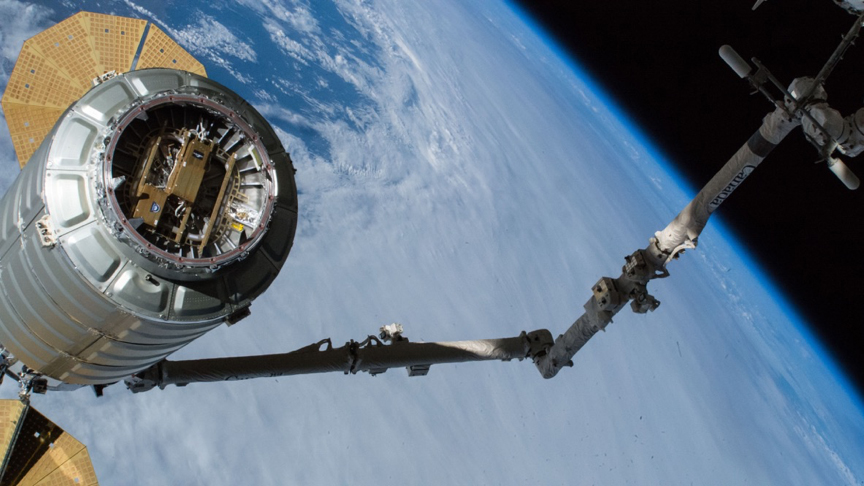With fresh funds from Virginia Venture Partners, Falls Church, Virginia satellite company Lynk is moving toward a planned 2022 launch of its communication satellites.
The company just received $1 million from the Virginia-created funding entity Virginia Innovation Partnership Corporation (VIPC), under which Virginia Venture Partners is housed. Lynk CEO Charles Miller said that this amount represents the maximum VIPC can give, as well as its first time granting a sum that large. The NoVa startup, which landed on our 2020 RealLIST Startups list, said that the funds will be used to scale its commercial services at a planned time of late 2022.
The company has a goal of providing universal connectivity around the world, including in rural areas. With the funding, Lynk will build more satellites to put toward its space network. In April, the company launched its first commercial satellite (its sixth overall), and its in the process of building its next one for launch. By the end of the year, it hopes to have nine total satellites in space; A launch with SpaceX is set for early November.
To date, the company has raised $27 million. It’s also in the midst of a $100 million Series B raise that it expects to close by this summer’s end. But the funding from Virginia, Miller said, is a boost of support from its own state.
“[This investment] means that the state of Virginia has a confidence in the value of Lynk and also the benefits to the citizens of Virginia,” Miller told Technical.ly.
According to Lynk, about 15% of the 5.2 million mobile phone users across the world are disconnected at all times, lacking access to important data, information and markets. Lynk said this phenomenon can also negatively impact family income, emergency services and more.
To help, the Falls Church communications company, which managed to send a text message from space in 2020, spent the past few years building up its presence on both the space and comms circuits. Last May, it applied for Federal Communications Commission approval for a commercial operator license, which would let it begin satellite launches to establish a mobile network that taps into said satellites instead of cell towers. Lynk expects a decision by the end of the summer.
This development, according to Miller, would mean service at any time, anywhere, without any need from consumers to adjust their phones or plans. The network works similarly to roaming networks in international travel, so providers would contract with Lynk to use the satellite system. Additionally, this means its technology could be used as a backup in the event of a natural disaster.
Lynk has already inked deals with the Air Force and UK Space Agency, as well as $150 million in contracts with a dozen mobile operators including Aliv in the Bahamas and Telecel Centrafrique in the Central African Republic as of September. By the end of the year, Miller expects to have about $2 billion in contracts completed. The company is also in discussions with US-based providers to get its connectivity out to US residents, including those in Virginia.
In the end, Miller said Lynk’s technology will connect many in rural communities around the world who still lack strong connections — a cause that’s important to him as someone who grew up in a rural area.
“We’ve solved this problem,” Miller said. “We don’t need billions of dollars and subsidies. We’re going to solve this problem using enterprise and innovation. The American entrepreneur is going to solve this problem.”







